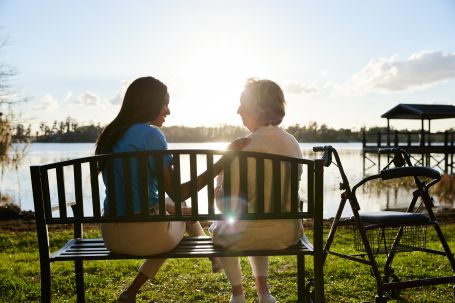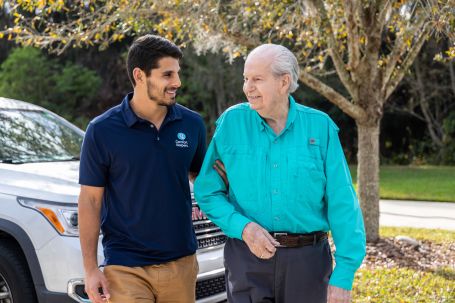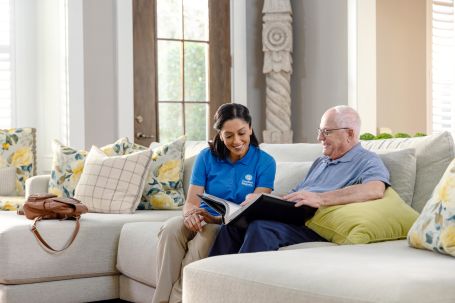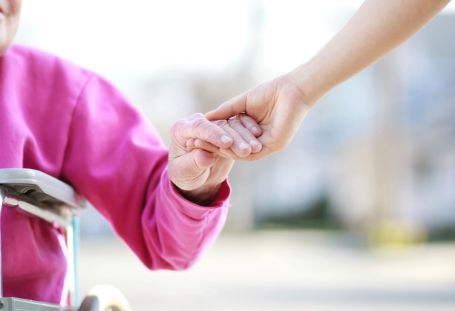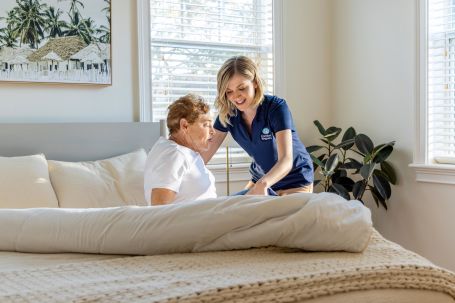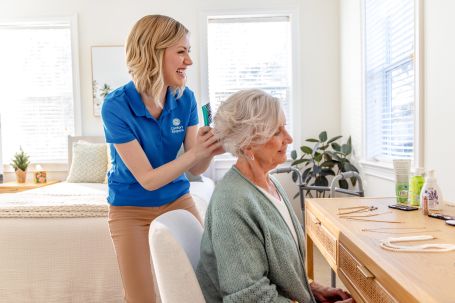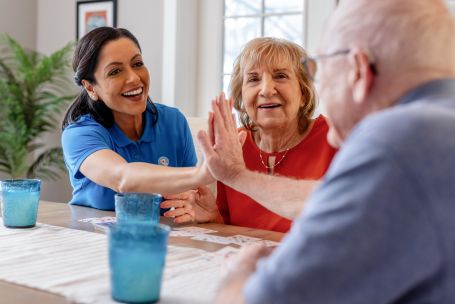Resources
The latest events, promotions, and news for Comfort Keepers of Madison.
Have a question? We’re here to help.
Call us at (608) 927-0611 to learn more about in-home care, senior home care, respite care, and other Comfort Keepers services. We have dedicated staff available around the clock to meet all your home care needs today!
Contact Us Today

